Evaluation of the project for the motor rehabilitation of oncological children in Turin
Title UGI2 – Motor rehabilitation activities for paediatric cancer patients
Location Turin, Italie
Duration 2020-2022
Partners Associazione Genitori Italiani contro il tumore dei bambini ODV (UGI)
Funding Fondo di beneficenza ed opere di carattere sociale e culturale di Intesa Sanpaolo
Context
The UGIDUE structure has been built near the Regina Margherita children’s hospital in Turin in order to provide additional rehabilitation services to cancer patients (or ex-patients). If with Casa UGI the organisation aimed to create a welcoming place for patients and their families in the vicinity of the hospital, with the gymnasium a rehabilitation pole was created that represents one of the first opportunities since the onset of the disease for patients to carry out activities outside the hospital itself.
The project ‘UGI2 – Motor Re-education Activities for Paediatric Cancer Patients’ aims to provide the Association of Italian Parents Against Cancer ODV (UGI) with specialised human resources that can carry out psychomotor rehabilitation courses for off-therapy and in-therapy patients within the equipped structure of UGI2.
The project financed by the Fondo Beneficienza Intesa Sanpaolo made it possible to include two full-time human resources in the UGI staff, specifically: a neuropsychomotricity therapist and a physiotherapist. The work of the above-mentioned figures has also been supported with targeted activities carried out by a neuropsychologist, a speech therapist and an orthoptist according to the beneficiary’s needs.
General Objective
By means of the multidisciplinary team created, the project aims to offer the beneficiaries a complete and customised rehabilitation treatment with the aim of bridging as much as possible the different functions impaired by the disease and the course of treatment. The M&E and Impact Evaluation Unit carried out the monitoring and final evaluation of the project.
Our contribution
To prove the evidence of the results of the initiative, UGI requested the M&E and Impact Evaluation Unit to carry out
– a monitoring process that: reconstructed the theory of change underlying the project action; identified ad-hoc indicators and detailed the timeline of the intervention. In addition, the monitoring process aimed to verify, after 8 months of the project, the progress of the activities, the achievement of output indicators and the opinion of the project staff regarding the implementation of the intervention.
– a final evaluation to define what has been achieved at the end of 17 months, assessing the relevance, effectiveness and sustainability (OECD DAC, 2019) of the project action. For the final evaluation, ARCO researchers visited the UGIDUE facility involving project staff and relevant stakeholders in dividual interviews.
By working closely with the Inclusive Development, the evaluation team developed a questionnairebased on the ICF language to investigate the ability of the rehabilitation training to trigger the desired changes in the beneficiaries.
The International Classification of Functioning (ICF) is a classification that was developed in coherence with the bio-psycho-social approach to disability, which does not focuses only on people’s disability status, but also considers their functioning. For the WHO, functionings are the result of the interaction between a person’s health condition, his or her bodily structures and functions, but also the activities he or she performs, the life situations in which he or she is involved, the environmental factors surrounding him or her, and personal factors.
Going into a further degree of detail, the ICF provides up to four levels of detail through which an individual’s health condition can be precisely detailed. In the analysis carried out by ARCO, the method involved the first 2 levels of detail, as it was judged to be adequate for the needs of the study. The classifications used were selected by mutual agreement between the project team and the members of the evaluation team.
Read more on our M&E and Impact Evaluation Unit
Related Projects
-

Monitoring Information System for project WATDEV on water management and sustainable development in East Africa
-

Research on knowledge, attitude, social norms and practice on reproductive health rights and gender-based violence in Narok county, in Kenya
-

Evaluation of the project that promotes food security and climate resilience in Mozambique
-
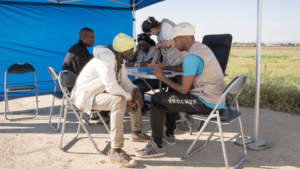
Evaluation of the project strengthening migrants’ right to health in Italy, Greece and Malta
-
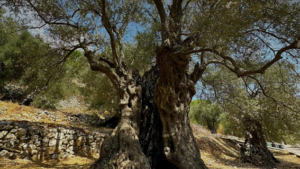
Final evaluation of the project that strengthens olive farmers’ resilience in Southern Lebanon
-
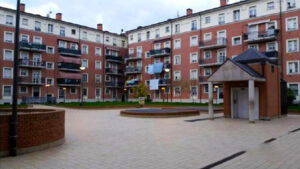
Social impact assessment of the Rapporti Corti project for socio-educational inclusion in the Navile district of Bologna
-

Evaluation of the Naseej project to stop gender-based violence in Iraq, Yemen, and Palestine
-
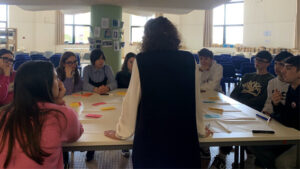
Evaluation of the project that promotes youth employment in Italy
-
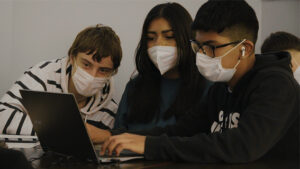
Final evaluation of the ‘5G Smart School’ project for innovative teaching in Italian schools
-
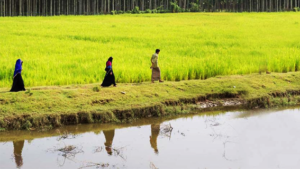
Evaluation of the project that fosters mainstreaming migration into international cooperation and development policies
-
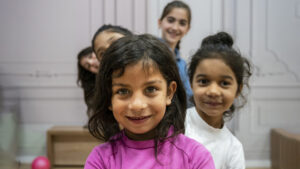
Final evaluation of a project to contrast educational poverty in Albania
-
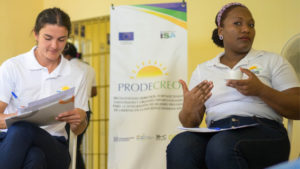
Evaluation of the project PRODECREO to promote the rights and socio-occupational reintegration of women deprived of their liberty in the Dominican Republic
-
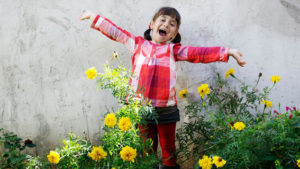
Final evaluation of the SOS Children’s Villages family strengthening project in Bosnia and Croatia
-

Evaluation of the project for the motor rehabilitation of oncological children in Turin
-
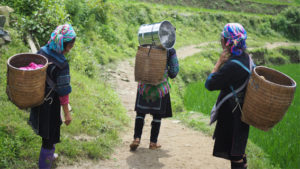
Evaluation of the project that aims to improve the health of the most vulnerable in Myanmar
-
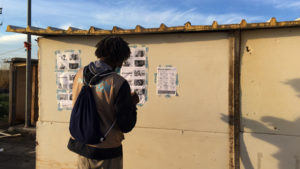
Final evaluation of the project that fosters proximity social-health services in the informal settlements of the Province of Foggia
-

Food Wave, Monitoring the project that promotes sustainable food consumption among young Europeans
-
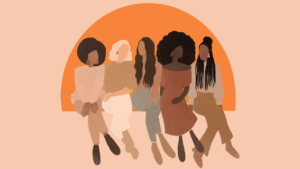
Spazio Donna, evaluation of the projects to foster women empowerment and contrast gender-based violence
-

Evaluation of the projects “M’Interesso di Te” that tackle unaccompanied foreign minors’ integration
-
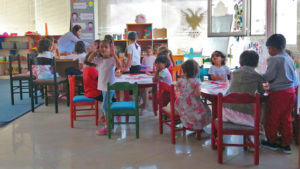
Evaluation of psycho-socio-sanitary interventions in response to the COVID-19 pandemic and the earthquake in Albania
-
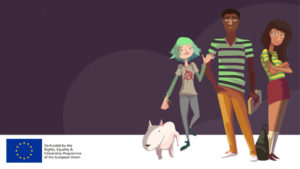
Final evaluation of the Youth For Love project to raise young people’s awareness of gender-based violence
-
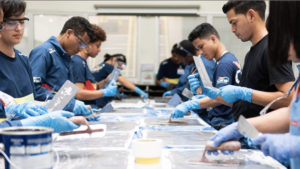
Multi-country mid-term evaluation of the YouthCan! programme, promoting the employability of vulnerable young people
-

Final evaluation of WEGO2 to support women economic empowerment contrasting intimate partner violence
-
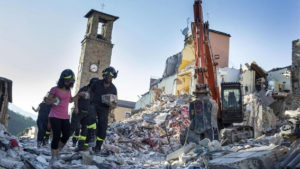
Action Research for the project Do.N.N.E against gender-based violence in Central Italy
-

Evaluation of the project “Mentors for Resilience” to contrast educational poverty
-
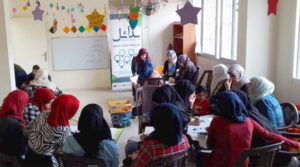
Outcome Harvesting of the project that aims to promote stability and social enterprise in Lebanon
-
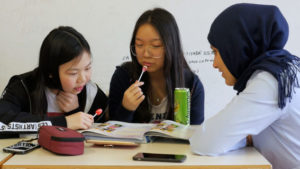
Annual evaluation and SROI of the programme “Nessuno Escluso” to contrast social exclusion and educational poverty in Tuscany
-
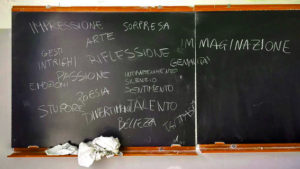
Evaluation of the project “Dreams and Needs” to contrast educational poverty in Italy
-
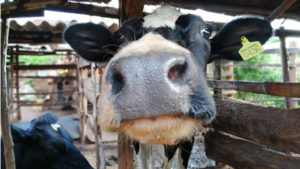
Mid-term evaluation of the project MilKy for the development of a sustainable dairy supply chain in Kenya
-

Final evaluation of Pe.R.Co.rrere: resilience of communities in Center Italy
-

Evaluation of the promotion campaign for Piave DOP cheese in Austria, Germany and Italy
-
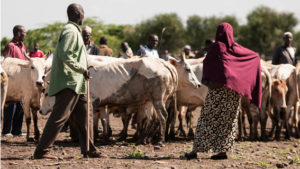
Mid-term & final evaluation of a project to strengthen resilience to climate shocks in Kenya
-
Evaluation of the promotion campaign for Italian specialities in Japan
-
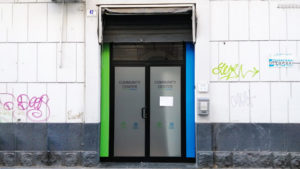
Community center, final evaluation of the social inclusion project
-
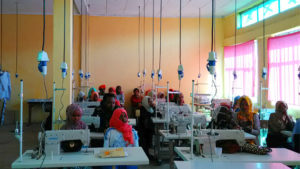
Mid-term evaluation of the project to contrast irregular migration in Ethiopia
-
Mid-term evaluation of the project for the conservation of Protected Areas in Albania
-
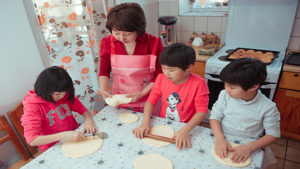
Social Impact Assessment of children’s protection programmes in Kyrgyzstan
-
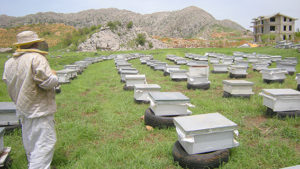
Monitoring&Evaluation of reintegration services for drug addicts and ex-addicts in Lebanon
-

SROI Analysis, Albergo Etico social performance
-
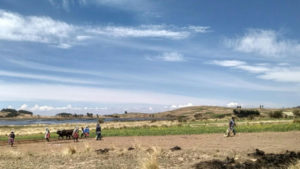
ECO.COM: strengthening local economic development in Bolivia
-

Improving the sustainability in the cherry supply chain in Bulgaria and Turkey
-
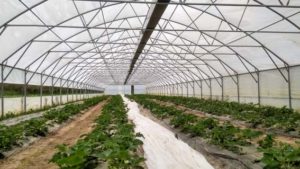
Evaluating sustainable agricultural supply chains in Bosnia Herzegovina and Albania
-
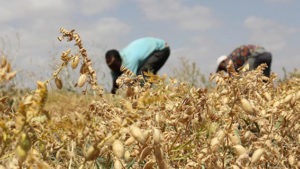
Impact evaluation of the creation of a durum wheat supply chain in Ethiopia
-
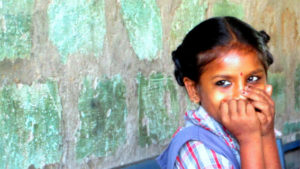
Impact evaluation of a Rehabilitation programme in India